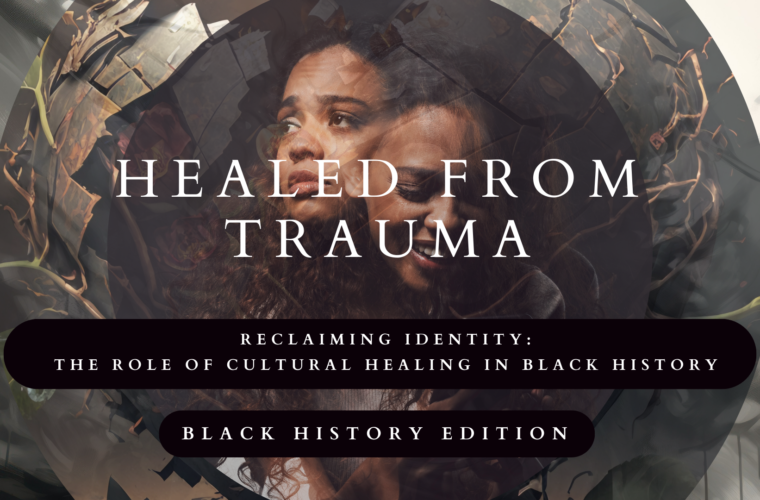Throughout history, the Black community has faced relentless challenges aimed at eroding their sense of identity and cultural heritage. From the horrors of slavery to systemic racism, Black individuals have endured profound assaults on their dignity and self-worth. Yet, amidst this adversity, there has always been a resilient spirit, a determination to reclaim and celebrate one’s identity. This journey of self-discovery and healing lies at the heart of Black history, and the role of cultural healing in this process cannot be overstated.
Understanding Cultural Healing
Cultural healing is a multifaceted process that involves reconnecting with one’s cultural roots, traditions, and values to foster resilience, empowerment, and well-being. For the Black community, cultural healing serves as a vital tool for overcoming intergenerational trauma and reclaiming a sense of agency in a world that often seeks to marginalize and dehumanize.
At its core, cultural healing acknowledges the profound impact of historical trauma on individuals and communities. From the transatlantic slave trade to the Jim Crow era and beyond, the Black experience in America has been marked by systemic oppression, violence, and dehumanization. These traumatic experiences have left deep scars on the collective psyche of the Black community, manifesting in issues such as intergenerational trauma, internalized racism, and a persistent sense of alienation.
Cultural healing offers a pathway to healing these wounds by affirming the richness and resilience of Black culture. By celebrating traditions, art, music, language, and spirituality, individuals can reclaim a sense of identity that transcends the narrow confines of racial stereotypes and oppression. In doing so, they cultivate a sense of pride, belonging, and self-worth that serves as a powerful antidote to the corrosive effects of racism and discrimination.
The Importance of Cultural Heritage
Central to the process of cultural healing is recognizing and celebrating Black cultural heritage. Black history is replete with examples of resilience, creativity, and resistance in the face of adversity. From the vibrant traditions of West African societies to the contributions of Black inventors, artists, writers, and activists, the cultural heritage of the Black community is a testament to the enduring power of the human spirit.
By reclaiming and honoring this heritage, individuals can draw strength and inspiration from those who came before them. They see themselves not as victims of history but as heirs to a legacy of resilience and resistance. This recognition of cultural continuity fosters a sense of pride and belonging essential for healing and empowerment.
Healing Through Expression
Artistic expression plays a crucial role in the process of cultural healing. Whether through music, dance, literature, or visual arts, creative expression allows individuals to explore and articulate their experiences, emotions, and aspirations. It serves as a catharsis, allowing individuals to confront and transform their pain into something beautiful and transformative.
Moreover, art has the power to build bridges of understanding and empathy across cultural divides. Through storytelling and representation, artists challenge stereotypes, amplify marginalized voices, and foster dialogue about race, identity, and social justice issues. In doing so, they contribute to the healing of individuals and communities and inspire collective action towards a more just and equitable society.
The Role of Community
Community support and solidarity are central to the cultural healing process. Healing is not a solitary journey but a collective endeavor that requires the support and affirmation of others. Through communal rituals, gatherings, and celebrations, individuals can find strength, validation, and belonging within a supportive community of like-minded individuals.
Moreover, community-based organizations and grassroots movements are crucial in providing resources, advocacy, and spaces for healing and empowerment. These organizations empower individuals to challenge systemic injustices and build a more inclusive and equitable society by fostering a sense of collective agency and solidarity.
Looking to the Future
As we reflect on the role of cultural healing in Black history, it is clear that much work still needs to be done. While progress has been made, systemic racism and inequality continue to pose significant challenges to the well-being and empowerment of Black individuals and communities. However, by continuing to celebrate and affirm Black culture, embracing the transformative power of artistic expression, and fostering supportive communities of solidarity and resilience, we can move closer to a future where all individuals are free to embrace their identity and thrive. In reclaiming our cultural heritage, we reclaim our humanity and pave the way for a more just and inclusive world for generations.




